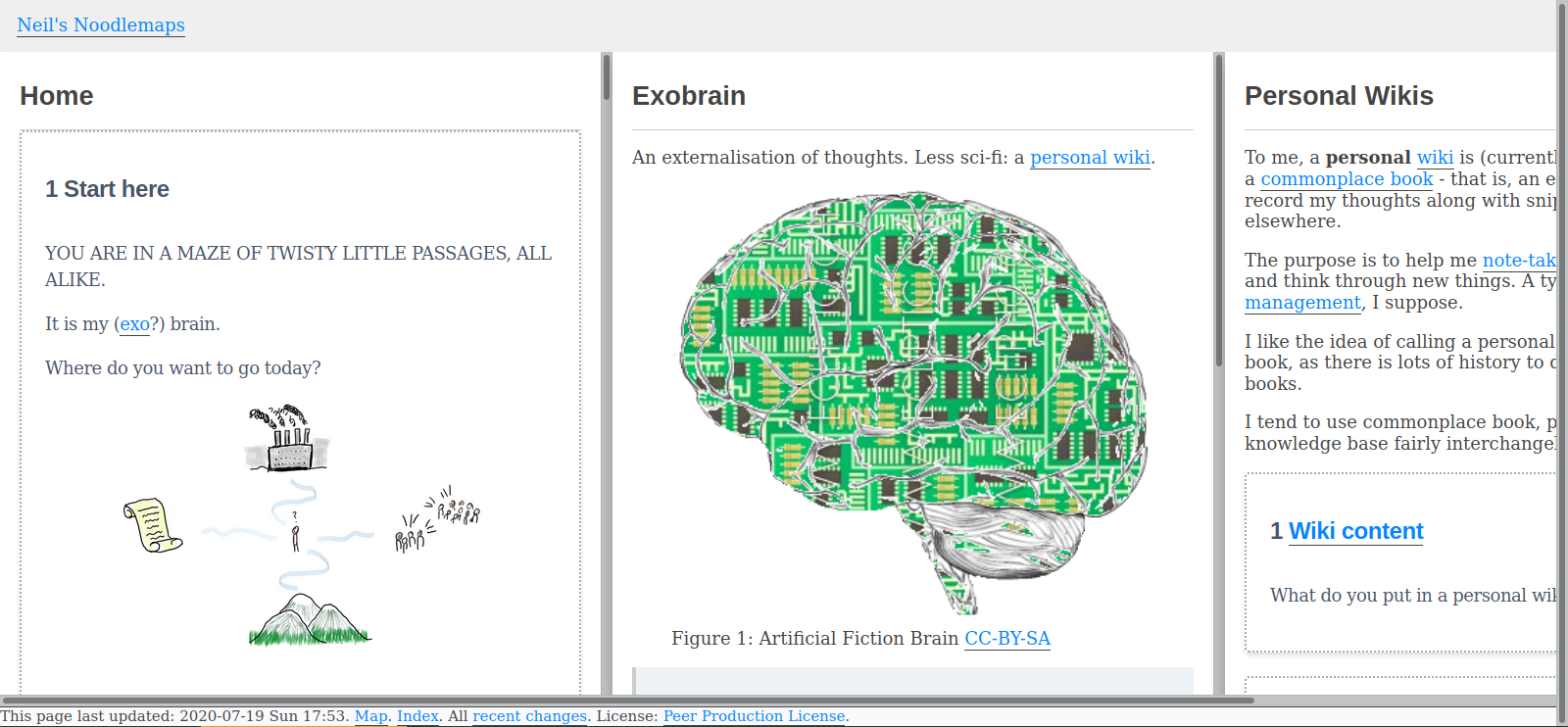Two things I really like about
Emacs are its
longevity, and the
agency it gives you. (In a way I guess longevity is a type of agency – you are not forced to stop using something when it stops being maintained).
Steve Yegge recently wrote about how “[b]ackwards compatibility keeps systems alive and relevant for decades” and mentions Emacs as a prime example.
He also has a great tl;dr of Emacs:
GNU Emacs […] is a sort of hybrid between Windows Notepad, a monolithic-kernel operating system, and the International Space Station. It’s a bit tricky to explain, but in a nutshell, Emacs is a platform written in 1976 (yes, almost half a century ago) for writing software to make you more productive, masquerading as a text editor.
– Dear Google Cloud: Your Deprecation Policy is Killing You
BSAG recently wrote about how easy it is to customise Emacs for your own needs:
One of the delightful and surprising things about Emacs, as you get to know it better, is the depth of customisation which is available. Emacs can be a completely different editor for different people and for different purposes. Being able to tweak things on the fly and try them out before you commit to them, or even as a temporary fix to solve the particular problem you have right now, is empowering.
– BSAG » Advising Emacs
Emacs is not perfect, and the barrier to entry is for sure a problem (there’s an epic thread on the org-roam Discourse discussing that). But it’s got some amazing qualities.

